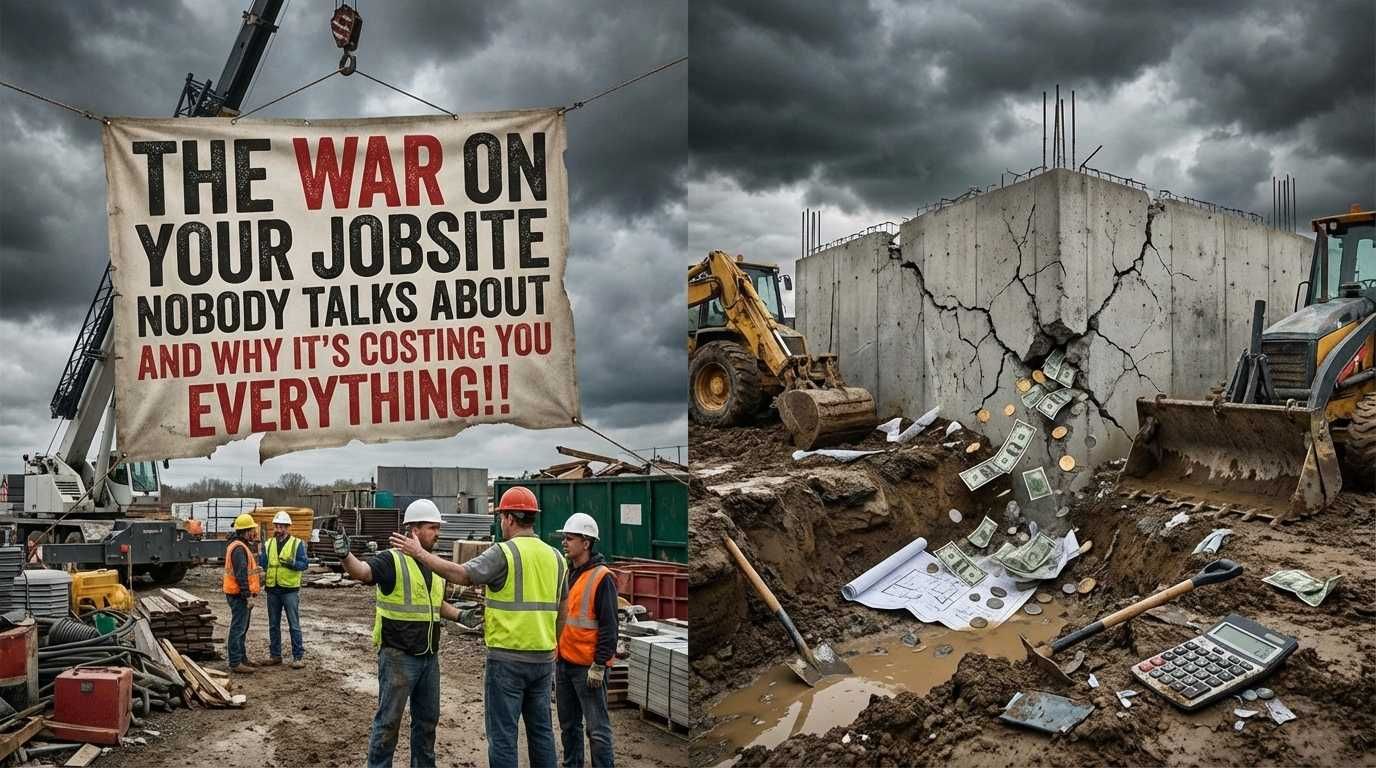Construction Joint Ventures- are they right for you?
Jerry Aliberti • March 11, 2024
Construction joint ventures and if they are right for you.
One way a company can address the labor shortage problem and reduce risk is by joint venturing.
A joint venture is when two companies team up and bid and eventually build a project as a partnership. I’ve always had mixed feelings over JV’s but with today’s changing management and skilled trade resource gap, it may be a good idea. Below are some pros and cons I feel related to JV’s.
Pros-
Increase workforce – Companies can combine their talent and resources. You can take on larger projects and meet project schedules more effectively with shared resources.
Access to specialized skills – Many projects have scopes of work that you’re not familiar with BUT your JV partner specializes in and they have the skilled trades that perform that work often.
Shared risk – Construction is very risky. If you plan on taking on a project that isn’t exactly in your comfort zone or wants to take on a larger project, you can now share the overall risk with your partner. Flexibility can also help you capitalize on new opportunities and market demands.
Cons –
Conflicts, disputes, and communication issues – I’ve heard horror stories of the big egos running the project bumping heads and nobody wants to meet on common grounds. Every construction company is run differently, and most people hate change. These differences need to be discussed at the very beginning and everyone needs to buy into the overall goals.
Increased complexity - Joint ventures introduce additional complexity to project management and coordination. Multiple companies with different priorities and objectives may lead to increased administrative and communication overhead.
Loss of Control and Profit: Joint venturing involves sharing control and decision-making with another company. This can result in a loss of autonomy and reduced influence over project outcomes.
Dependence on your partner – Project success relies heavily on the performance and commitment of your JV partner. If one partner underperforms or fails to fulfill its scope, it can have a negative effect on the overall project performance and both companies’ reputations.
Estimating comfort – I’ve worked on many JV estimates, and I always find more and more money is put in the project as the bid due date gets closer IF the contractors aren’t comfortable with each other. Guess what happens next, we lost the project because we couldn’t reach common ground even before the project started. Understand who you bidding with and get comfortable with each other in the early stages of bidding.
JVs happen all the time, especially with larger projects where contractors don’t want to put all their eggs in one basket. We discussed in this article construction joint ventures and if they are right for you. It has its place and can certainly be a possible solution to battle today’s labor shortage and reduce risk in your construction company.




